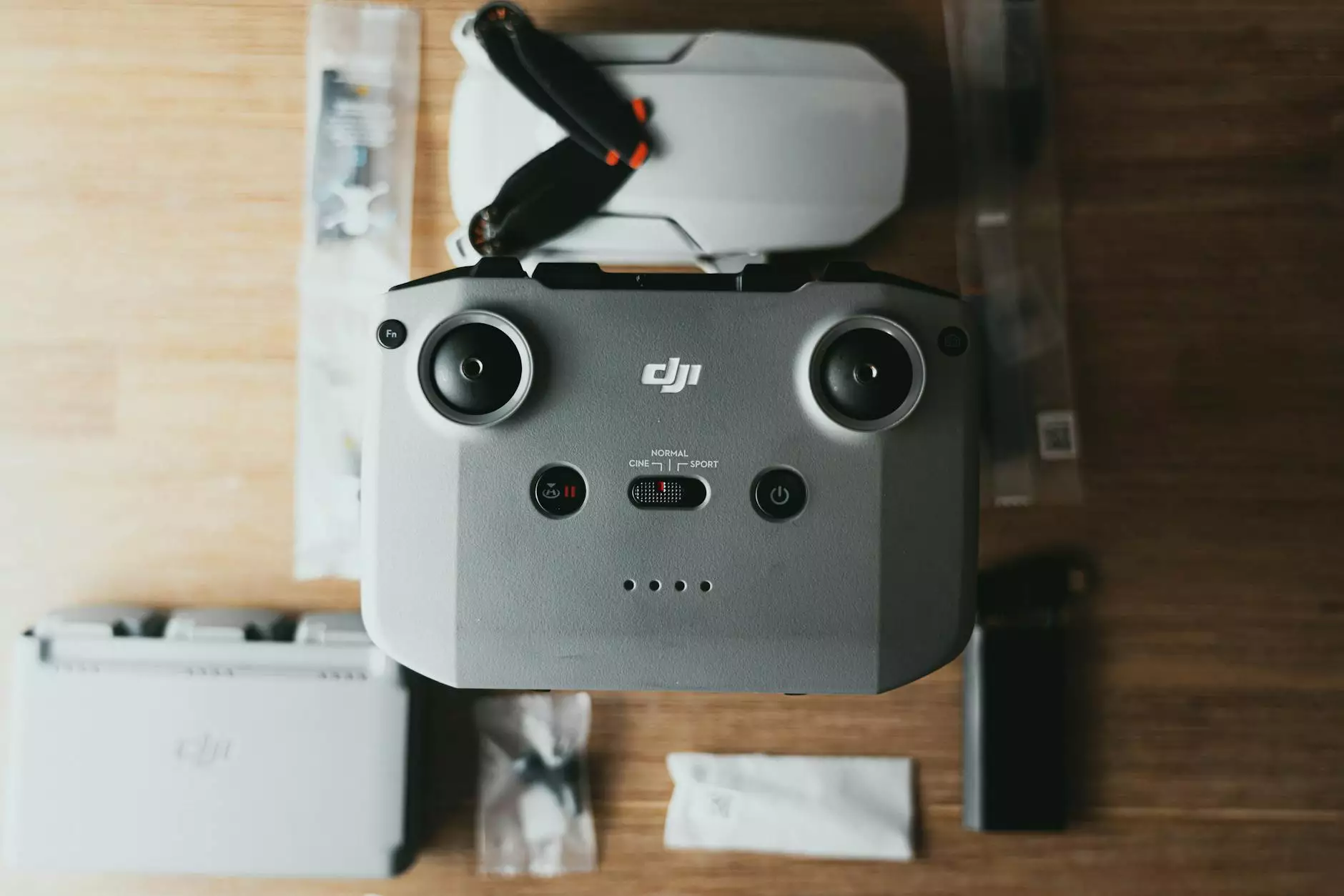Gastric Bypass: A Comprehensive Guide to Transforming Your Health

The gastric bypass surgery is a revolutionary weight-loss procedure that has transformed the lives of countless individuals struggling with obesity. This comprehensive guide will delve into the intricacies of gastric bypass, providing detailed insights into its benefits, the procedure itself, and post-operative care, all while highlighting the medical expertise available at Antalya Health.
Understanding Gastric Bypass Surgery
Gastric bypass surgery, also known as Roux-en-Y gastric bypass, is a surgical weight-loss solution that changes how your stomach and intestines handle food. Primarily, this procedure involves creating a small pouch from the stomach and connecting it directly to the small intestine.
How Gastric Bypass Works
The essence of the gastric bypass operation lies in its dual approach to weight loss by restricting food intake and malabsorption:
- Restriction: The creation of a smaller stomach pouch significantly limits the amount of food one can consume at any given time.
- Malabsorption: The rerouting of the small intestine reduces the number of calories and nutrients absorbed by the body.
Together, these two mechanisms contribute to significant and sustained weight loss.
The Process of Gastric Bypass Surgery
The gastric bypass procedure typically involves the following stages:
- Anesthesia: Before the surgery, patients are placed under general anesthesia to ensure comfort and safety.
- Stomach Pouch Creation: The surgeon divides the stomach to create a small pouch, which will serve as the new stomach.
- Roux Limb Connection: The small intestine is then cut and connected to the pouch, enabling the bypass of a significant portion of the stomach and the upper part of the small intestine.
- Closure: The incisions are carefully sutured, and the patient is moved to recovery.
This minimally invasive procedure typically requires only a few small incisions, resulting in less pain and faster recovery compared to traditional open surgery.
Benefits of Gastric Bypass
Undergoing gastric bypass surgery offers numerous advantages, particularly for individuals battling obesity. Here are some key benefits:
- Significant Weight Loss: Many patients lose 60-80% of their excess weight within the first 2 years post-surgery.
- Improvement in Comorbid Conditions: Conditions such as type 2 diabetes, hypertension, and sleep apnea often see significant improvement or even resolution.
- Enhanced Quality of Life: Achieving a healthier weight can enhance mobility, boost self-esteem, and improve overall life satisfaction.
- Long-lasting Results: With commitment to lifestyle changes, the results of gastric bypass can lead to sustained weight loss over the long term.
Who is a Candidate for Gastric Bypass?
Not everyone with obesity is a suitable candidate for gastric bypass surgery. Ideal candidates typically include:
- Individuals with a body mass index (BMI) of 40 or higher.
- People with a BMI of 35 or higher with obesity-related health issues.
- Those who have tried and failed to lose weight through diet and exercise.
- Adults who are committed to making significant lifestyle changes post-surgery.
A thorough evaluation by a medical professional is essential to determine candidacy.
Preparing for Gastric Bypass Surgery
Preparation for gastric bypass involves a multi-faceted approach which includes behavioral counseling, nutritional education, and physical evaluations. Here’s how to prepare:
- Pre-Surgery Assessment: A comprehensive evaluation is done to assess medical history and readiness for surgery.
- Dietary Changes: Patients are often advised to follow a specific diet that may include liquid meals leading up to the surgery.
- Exercise Regimen: Increasing physical activity can help improve outcomes post-surgery.
- Support System: Engaging with support groups or therapy can provide emotional support throughout the process.
Recovery and Aftercare Following Gastric Bypass
The recovery journey post-gastric bypass is critical for ensuring long-term success. Here are essential aspects of aftercare:
Immediate Post-Operative Care
After the surgery, patients spend time in the recovery room where they are monitored for any complications. Typical immediate care includes:
- Pain Management: Medications are provided to manage discomfort.
- Nutrition Management: Patients begin with clear liquids and gradually progress to pureed foods as tolerated.
- Monitoring: Vital signs and overall health are closely monitored during the initial recovery phase.
Long-term Lifestyle Changes
To maximize results and maintain health after gastric bypass, individuals must commit to lifestyle adjustments:
- Regular Follow-up Appointments: These are essential for monitoring health, nutritional status, and weight loss progress.
- Balanced Diet: Adopting a nutrient-rich diet that includes proteins, fruits, vegetables, and whole grains is crucial.
- Physical Activity: Regular physical exercise promotes weight loss and enhances overall well-being.
- Support Groups: Joining support groups can provide motivation and a sense of community among other gastric bypass patients.
Potential Risks and Complications
While gastric bypass surgery is a widely performed and effective procedure, it is essential to understand the potential risks involved. Common risks include:
- Surgical Complications: Like any surgery, there are risks of bleeding, infection, or adverse reactions to anesthesia.
- Dumping Syndrome: This condition can occur after consuming high-sugar or high-fat foods, causing symptoms like nausea, vomiting, and diarrhea.
- Nutritional Deficiencies: Due to malabsorption, patients must ensure they receive adequate vitamins and minerals post-surgery.
- Gastrointestinal Issues: Some patients may experience new bowel problems, constipation, or diarrhea.
Conclusion
In conclusion, gastric bypass surgery offers a powerful solution for individuals struggling with obesity and its associated health issues. By effectively limiting food intake and reducing nutrient absorption, it allows for significant weight loss and health improvement. At Antalya Health, we prioritize patient care and are equipped with the expertise to assist individuals through their journey before, during, and after gastric bypass surgery.
If you or a loved one are considering this life-changing procedure, we encourage you to reach out for a consultation to discuss your options and begin your journey toward a healthier, more fulfilling life.









